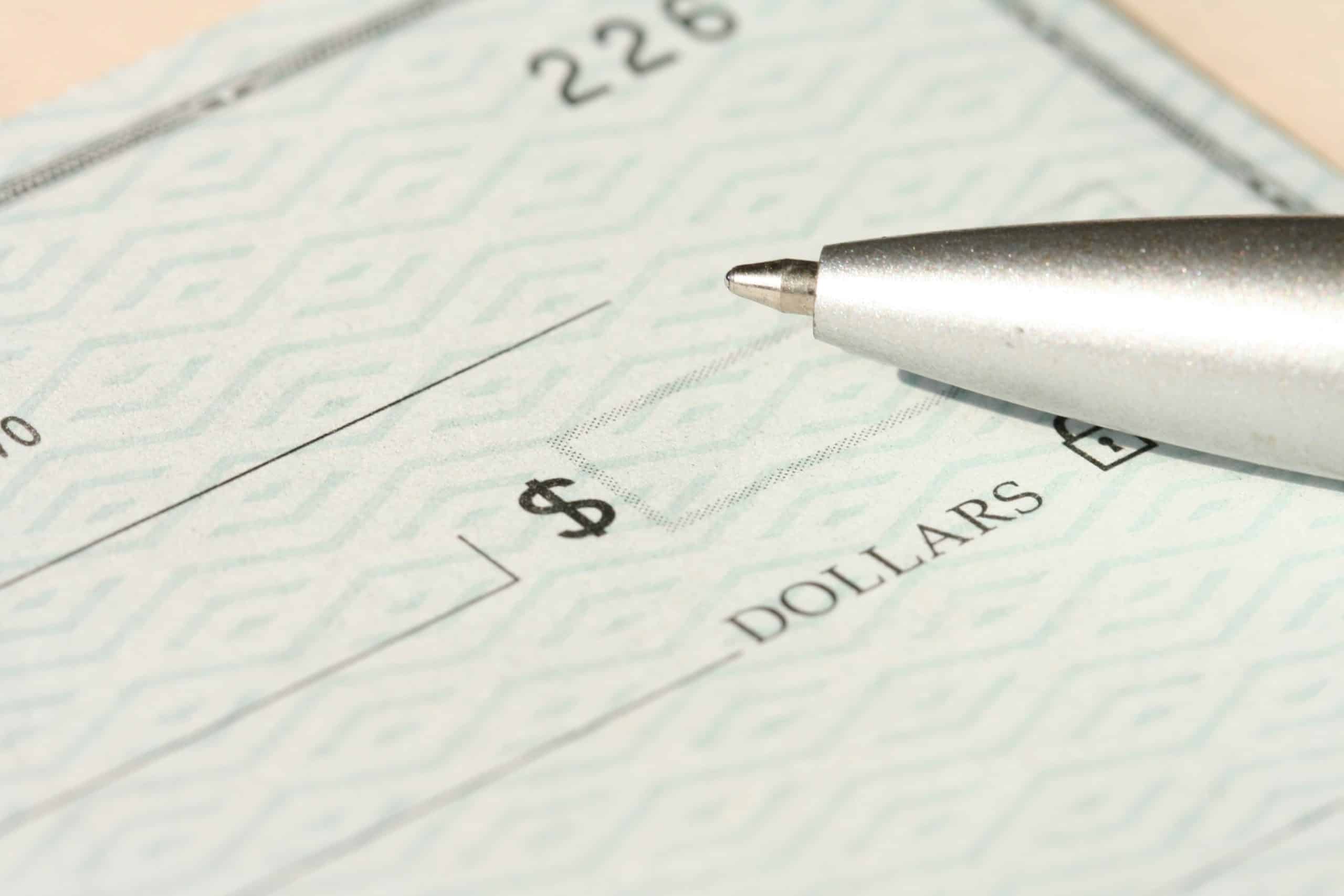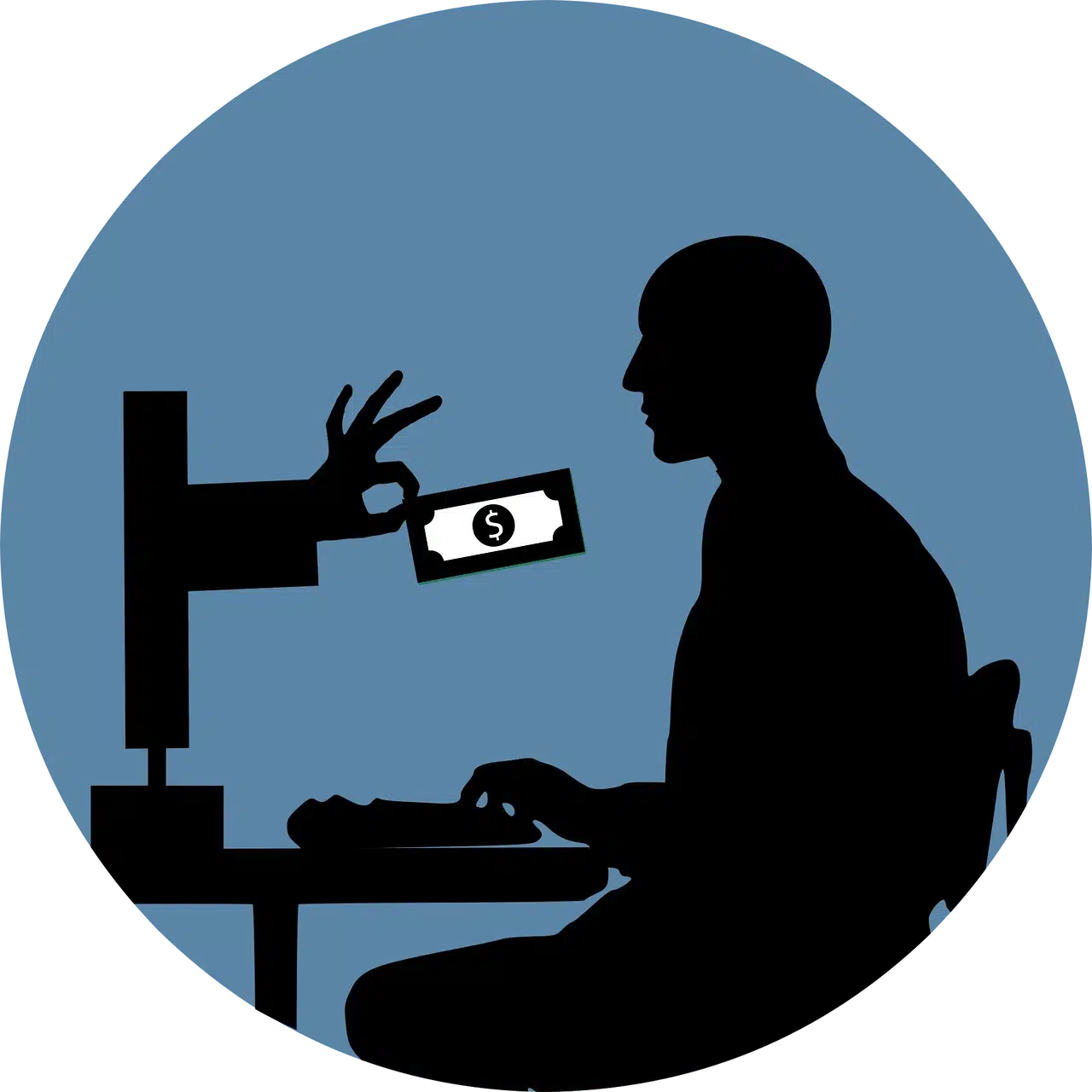How to Pay Off Debt Living Paycheck to Paycheck

If you’re wondering, “How do I pay off debt when I live paycheck to paycheck?” you’re not alone. Many Americans face financial struggles, feeling stuck in a cycle of debt. High-interest credit cards and other financial burdens can make it hard to manage money.
But, there’s hope. You can take steps to break free from living paycheck to paycheck. By understanding your finances and using smart strategies, you can slowly pay off your debt.
Key Takeaways
- Establishing a strict budget is essential to manage limited income effectively.
- Regularly tracking your spending allows for better financial awareness and control.
- Debt consolidation loans may offer lower interest rates compared to credit cards.
- Engaging in a debt management program can lead to lower monthly payments and help negotiate reduced interest charges.
- Participating in a debt management program typically closes credit accounts, preventing future borrowing.
- Quitting a debt management program early can result in still owing the original debt amount.
Understanding the Paycheck-to-Paycheck Cycle
The paycheck-to-paycheck cycle is a big challenge for many, especially in the U.S. By April 2024, 65% of Americans were living this way. The rising cost of living makes it hard to budget and save, leading many to rely on credit. It’s key to understand what causes this cycle to find ways to manage finances better.
Why Americans Live Paycheck to Paycheck
High costs for things like housing and groceries are a big part of the problem. As a result, Americans feel stuck in this cycle. Even those making over $100,000 struggle, with 48% facing similar issues.
Many can save a substantial amount in 30 days by cutting expenses. But, as income goes up, so does spending, making it hard to escape the cycle.
The Impact of High-Interest Rates on Debt
High-interest debts, like those from credit cards, can be overwhelming. In the third quarter of 2023, U.S. consumer debt rose by 4.4%, mainly due to credit card debt. This makes it even harder for those living paycheck to paycheck to achieve financial stability.
Recognizing Your Financial Triggers
Knowing what triggers your spending is crucial for managing debt and expenses. Emotional spending can lead to more debt, making things harder. Creating a sinking fund helps prepare for big purchases, reducing the need for credit.
Understanding your spending habits lets you take control of your budget. This can help you reduce your reliance on credit and break free from the paycheck-to-paycheck cycle.
How Do I Pay Off Debt When I Live Paycheck to Paycheck?
Living paycheck to paycheck is tough, especially when dealing with debt. By making a strict budget and tracking your spending, you can manage better. A good budget helps you pay for what you need and work on debt.
Focus on your fixed and variable costs to balance your budget. This makes reaching your financial goals easier.
Creating a Strict Budget
Start by listing your monthly income and all your expenses. Here’s how to make a better budget:
- First, list your fixed costs like rent, utilities, and insurance.
- Then, note your variable costs like groceries, entertainment, and dining out.
- Save some money each month for debt repayment.
- Also, set aside for irregular and emergency costs.
Following these steps helps you stay on budget. Regularly check and adjust your budget to keep on track and pay off debt.
Tracking Your Spending and Expenses
To stick to your budget, track your spending closely. Cutting unnecessary spending can help pay off debt faster. Here are ways to track your expenses:
- Use apps or spreadsheets to watch your spending daily and weekly.
- Try the envelope system for variable costs to control spending.
- Automate bill payments and savings to avoid overspending.
- Set weekly reminders to review your spending and adjust your budget if needed.
By watching your spending, you can avoid lifestyle creep. This helps you save and pay off debt, building a solid financial base. Using these strategies in your financial routine helps achieve lasting financial health. Emphasizing budgeting and expense tracking leads to debt freedom.
Taking control of your finances lets you focus more on paying off debts and reaching your goals.
Assessing the Viability of Borrowing Money
While managing finances paycheck to paycheck, you might consider whether borrowing money is a practical solution. Although it can offer temporary relief, it’s crucial to evaluate if new debt aligns with your long-term financial health. Before opting for additional borrowing, assess your current financial obligations and consider whether this decision would compromise your financial stability.
Borrowing can be strategic if it helps to consolidate your debts under a lower interest rate, potentially reducing your monthly payments and the overall interest you pay. This method can be particularly effective if you borrow money from your home equity or borrow against equipment you own, as these options may offer favorable terms.
However, borrowing for non-essential expenditures can perpetuate the cycle of debt and make it more challenging to achieve financial freedom. Here are some guidelines to help you decide if borrowing money is a responsible choice:
- Evaluate the Purpose: Consider borrowing only for significant reasons such as consolidating high-interest debts or covering essential costs that cannot be deferred.
- Understand the Terms: Familiarize yourself with all loan terms, including interest rates, fees, and repayment schedules.
- Plan for Repayment: Make sure the additional monthly payment fits into your budget without disrupting essential expenses or other debt obligations.
If immediate funds are needed, you might consider borrowing money online, which can provide quick solutions but often comes with higher interest rates.
Effective Debt Repayment Strategies
Getting out of debt while living paycheck to paycheck can seem tough. But, there are many ways to tackle debt. You can pick the debt snowball or avalanche method, look into debt consolidation loans, or join a debt management program.
Debt Snowball vs. Debt Avalanche Methods
Choosing between the debt snowball and avalanche methods is key. The debt snowball method starts with the smallest debts first. This gives you quick wins to keep you going. On the other hand, the avalanche method focuses on debts with the highest interest rates.
- Debt Snowball: Quick wins to boost motivation.
- Debt Avalanche: Saves money on interest in the long run.
Think about what motivates you. Do you like celebrating small victories, or do you want to save on interest? Your choice should match your financial goals and how you work.
Utilizing Debt Consolidation Loans
Debt consolidation loans can simplify your finances. They combine your debts into one, often with a lower monthly payment and fixed interest rate. Look for a loan with better rates than what you’re paying now. Some people use balance transfer credit cards for 0% APR periods, but be careful of higher rates later.
Participating in a Debt Management Program
A debt management program offers support for financial stability. It involves credit counselors who work with your creditors to lower interest rates and make one monthly payment. This structured approach can help you stay on track with your payments.
| Debt Repayment Strategy | Focus | Pros | Cons |
| Debt Snowball | Smallest debts first | Quick wins boost motivation | May result in higher interest costs |
| Debt Avalanche | Highest interest rates first | Saves money on interest | Progress may feel slower |
| Debt Consolidation Loan | Combine debts | Single payment and lower rates | May require good credit |
| Debt Management Program | Structured repayment | Credit counseling support | Fees may apply |
When choosing a strategy, think about increasing your income. Look into part-time jobs or selling items you no longer need. Use budgeting apps or spreadsheets to manage your money better. Don’t be afraid to talk to your creditors for better rates. Every step you take gets you closer to financial freedom.
Conclusion
Living paycheck to paycheck can be tough, but you can take control of your money. Start by making a budget and tracking your spending. This helps you find ways to spend less on things you don’t need.
Using smart debt repayment plans can lower your monthly payments. You can try the snowball or avalanche methods. Debt consolidation loans can also help by making your payments easier to manage and possibly saving you money on interest. Every step you take brings you closer to financial freedom. With determination and the right plans, you can live debt-free.
FAQ
How can I stop living paycheck to paycheck?
To break free, start with a strict budget. It should cover essential costs and debt payments. Track your spending to find where you can cut back. Look for ways to make more money. This could be through side jobs or reducing expenses.
What are some practical steps to get out of debt?
One method is the debt snowball. It focuses on small debts first for quick wins. The avalanche method targets high-interest debts first.
Consider debt consolidation loans to lower rates and simplify payments. Debt management programs can also help by negotiating payments.
How can I create a budget that works for me?
Begin by listing all monthly expenses. Categorize them into fixed and variable costs. Then, match your income to these categories.
Make sure to cover necessary expenses and debt payments. Use budgeting apps to track your spending. Stay disciplined to your budget.
What should I do if I have unexpected expenses?
Having an emergency fund is key. Start saving a bit from each paycheck. This way, you won’t need credit cards for unexpected costs.
Review your budget to find areas to cut back. Use these savings to cover unexpected expenses without getting back into debt.
How do interest rates impact my ability to pay off debt?
High-interest rates increase what you pay over time. Focus on debts with the highest rates first. This can save you money.
Always try to negotiate lower rates with creditors. It can make a big difference.
Can tracking my spending really help me pay off my debt?
Yes, tracking your spending is essential. It reveals where you might be overspending. Being aware of your spending habits helps you make better financial choices.
Redirecting funds to debt repayment and savings can give you more control over your finances.






